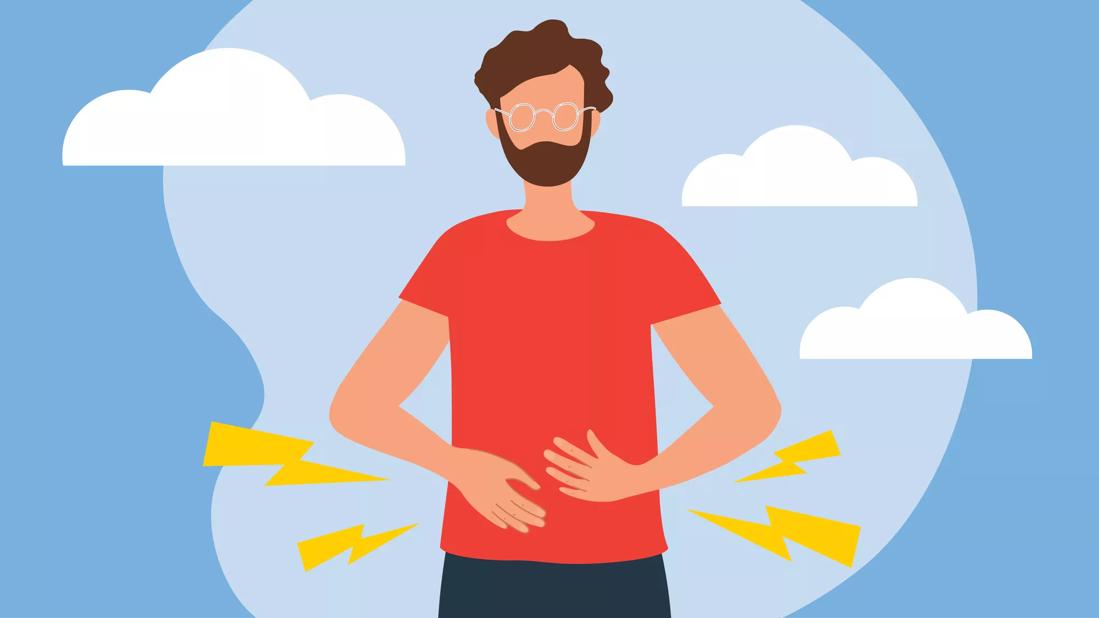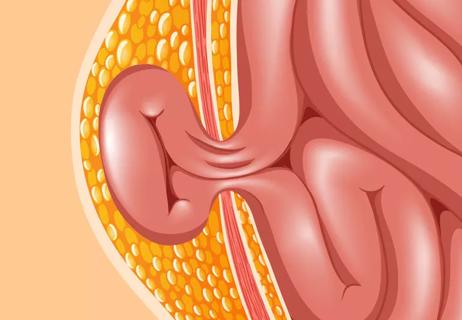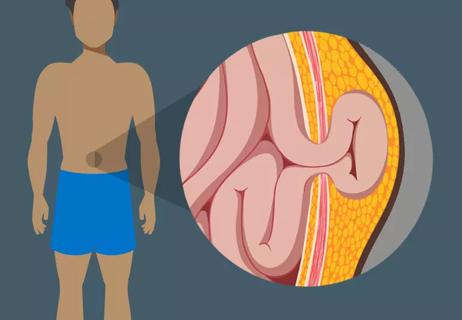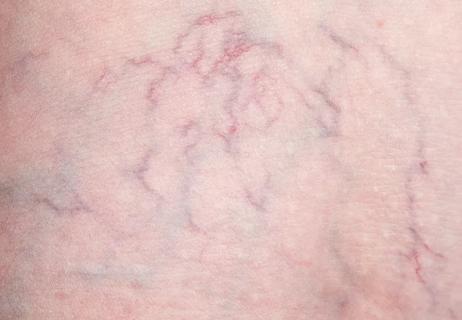Depending on the type of hernia, complications like pain and infection may arise in the months and years following treatment

Having surgery to repair a hernia can be a little unnerving, especially if you’re not quite sure what to expect. Will it hurt? Does it matter what kind of hernia you have? Are long-term complications inevitable?
Advertisement
Cleveland Clinic is a non-profit academic medical center. Advertising on our site helps support our mission. We do not endorse non-Cleveland Clinic products or services. Policy
When you have a hernia, soft tissue from other organs bulges through a weak part of your abdominal wall. In some cases, if a hernia doesn’t cause any symptoms or pain, it may not even need surgery. But if your hernia causes a significant amount of pain, changes color and causes symptoms like fever, nausea or vomiting, surgery may be the only solution.
And surgery and treatment vary based on the kind of hernia you have.
Ventral hernias, which occur in your abdominal wall, range wildly in size and severity. They include umbilical hernias, which can be as small as 1 centimeter, and others that can be 15 to 25 centimeters wide in your abdominal wall.
“Ventral hernias have a very wide spectrum of disease,” says general surgeon David Krpata, MD. “You can have really small ventral hernias or you can have really big ventral hernias. The larger your hernia, the more you may need open reconstruction and the higher the risk for your hernia to recur.”
Inguinal hernias, on the other hand, are hernias of the groin and are typically smaller in size.
“For inguinal hernia repairs, about 10% to 15% of people are still going to experience some minor pain or discomfort one year after having a hernia repair,” explains Dr. Krpata. “And about 1% to 3% of those are seeking management for their pain one year after surgery.”
Advertisement
Hernias of any kind are vastly different from one another, and our bodies vary in terms of how much pain we can tolerate and how we respond to treatment and surgery. This is why Dr. Krpata recommends speaking with your surgeon about any concerns you have regarding potential long-term complications that may result from hernia repair. They can help you make sense of what you can expect based on your unique hernia.
“Ventral hernias and inguinal hernias are two different beasts when considering complication risks,” notes Dr. Krpata. “You have to be careful how you talk about complications when comparing inguinal and ventral hernias, and that’s also true even when comparing ventral hernias against themselves.”
Understandably, you may have lingering questions and concerns. Dr. Krpata explains what you can expect in general from hernia surgery and what long-term complications may sometimes arise in the months and years after treatment.
Hernia repair surgery is a common procedure. The length of time it will take for you to recover depends on many factors, including:
Again, everyone’s recovery time will be different based on these factors, so if you have questions about your potential recovery time, talk with your surgeon.
There are a few different approaches to hernia repair surgery:
Advertisement
Most people take the longest to recover after having traditional open hernia surgery. In most cases, you can go home a few hours after surgery, unless there are complications or if your hernia is particularly large. With open or laparoscopic surgery, you’ll likely need to avoid participating in strenuous activity and exercise based on your surgeon’s recommendations.
Whichever procedure you have, it’s important to talk to your healthcare provider about what restrictions you should follow and how soon you can return to physical activity after having surgery. Remember, everyone’s body is different and recovers at different rates, so it’s important you don’t rush recovery. How long it takes to recover from surgery depends on:
Experiencing some pain after surgery is common in most scenarios, but that pain should typically go away on its own. For short-term relief, over-the-counter pain medicine may be enough. But if you’re still experiencing pain after a couple of months or new symptoms surface, you should seek a follow-up appointment with your healthcare provider immediately.
Most people feel completely better a few weeks after surgery, but some might experience chronic pain that can last for several months. And sometimes, complications or side effects can resurface shortly after surgery and even months or years later. Some potential complications include:
Advertisement
Some complications may require further assessment or additional surgeries, including:
“For inguinal hernia recurrence, there’s about 3% to 5% risk of a hernia recurring. That number is higher in ventral hernias, but it’s dependent on the characteristics of the hernia,” explains Dr. Krpata. “For inguinal hernias, chronic pain is the most common long-term complication.”
But again, these complications occur with varying risks and aren’t always present. Before you have your hernia repair procedure, your surgeon will discuss potential risks and whether they should be concerning based on your unique situation.
If a hernia returns, or if you experience other complications like a bowel obstruction, further surgical options may be needed, particularly if they’re disrupting your everyday life.
Advertisement
“For a mesh infection, for example, it depends on what’s causing the infection,” says Dr. Krpata. “If it’s something like a fistula, then surgery is typically the only option. If it’s a mesh infection without a fistula and it’s just purely the material is infected, in some instances, it can be salvaged with antibiotics and drainage and wound management. But more commonly, another surgery will be required to remove any infected material.”
Keep an eye on your symptoms, and if any new symptoms occur or if you’re concerned about an infection, contact your healthcare provider right away. If you experience pain that lingers longer than a few weeks, it may be worth scheduling a follow-up visit with your surgeon or other healthcare provider. No matter what kind of hernia you have, you don’t have to live with ongoing pain.
“While additional surgery isn’t the right choice for everyone, for some, mesh removal or neurectomy procedures can provide significant or complete relief from chronic pain,” reassures Dr. Krpata.
Learn more about our editorial process.
Advertisement

At-home treatments and lifestyle changes may help ease the symptoms and improve the appearance of varicose veins — but they aren’t a cure

Eat foods that are high in protein and low in animal fat and simple sugar

Regular exercise, an iron-rich diet, adequate sleep and bedtime routines that include a warm bath or massage may help with your kid’s RLS

We can’t predict who’ll develop a hernia, but the benefits of being active far outweigh the risk

Safe to wear for most people, compression socks promote better blood circulation in your legs

Hernias don’t go away on their own, but they don’t always require surgery either

Unlike varicose veins, spider veins don't necessarily indicate poor circulation

Cardio can reduce the appearance of varicose veins, but only temporarily

Wearing a scarf, adjusting your outdoor activities and following your asthma treatment plan can help limit breathing problems

Your diet in the weeks, days and hours ahead of your race can power you to the finish line

When someone guilt trips you, they’re using emotionally manipulative behavior to try to get you to act a certain way